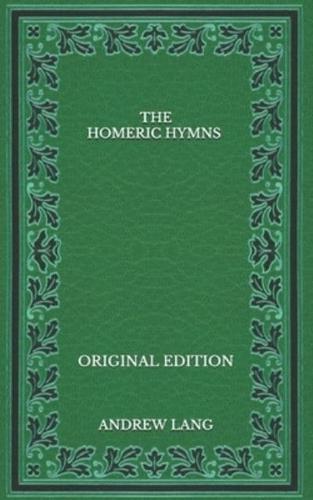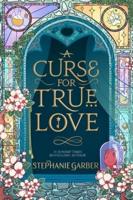Publisher's Synopsis
To the English reader familiar with the Iliad and Odyssey the Hymns must appear disappointing, if he come to them with an expectation of discovering merits like those of the immortal epics. He will not find that they stand to the Iliad as Milton's "Ode to the Nativity" stands to "Paradise Lost." There is in the Hymns, in fact, no scope for the epic knowledge of human nature in every mood and aspect. We are not so much interested in the Homeric Gods as in the Homeric mortals, yet the Hymns are chiefly concerned not with men, but with Gods and their mythical adventures. However, the interest of the Hymn to Demeter is perfectly human, for the Goddess is in sorrow, and is mingling with men. The Hymn to Aphrodite, too, is Homeric in its grace, and charm, and divine sense of human limitations, of old age that comes on the fairest, as Tithonus and Anchises; of death and disease that wait for all.







